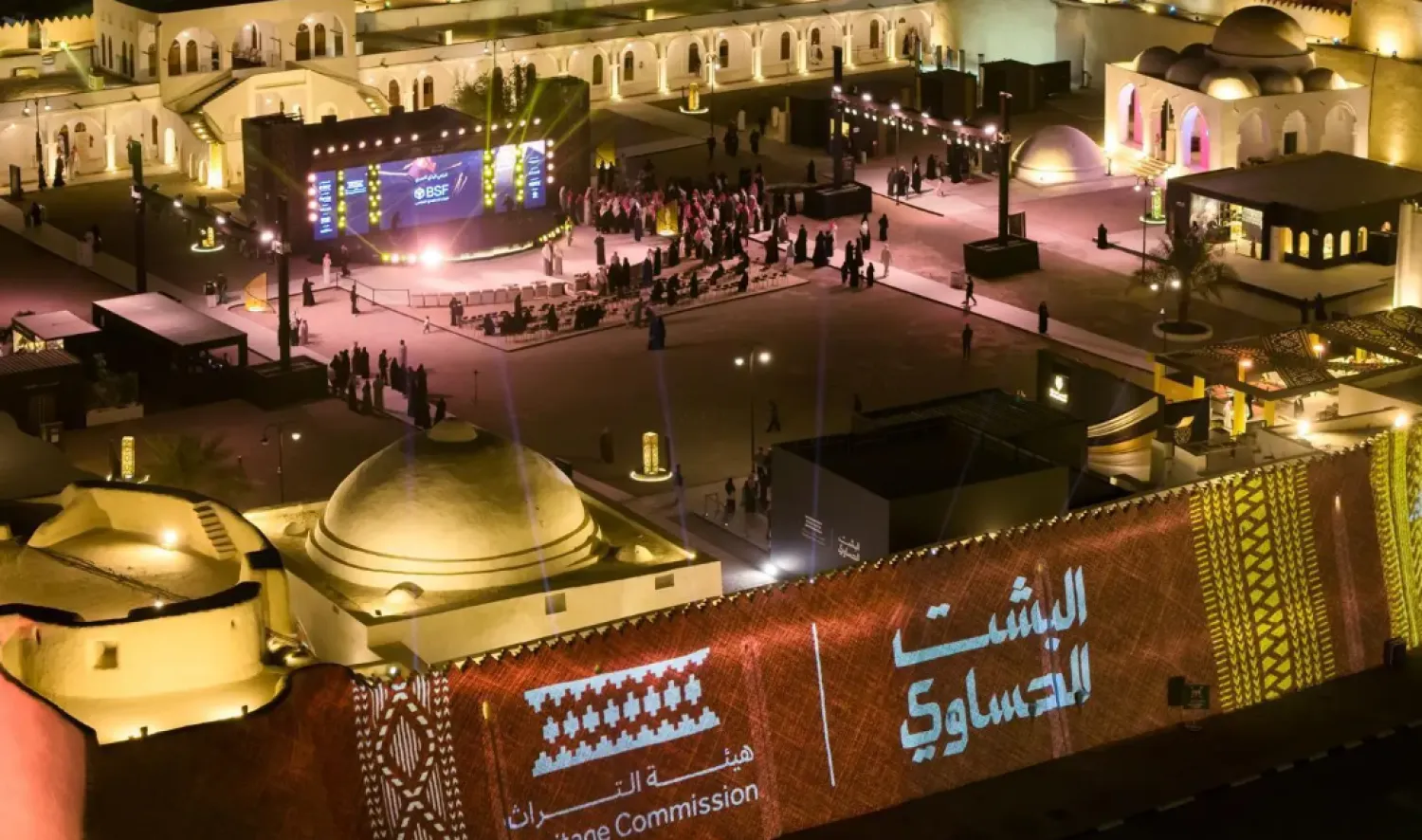Kwon Young-doo, owner of a private art gallery in Seoul's historic Bukchon Hanok Village, is concerned about an impending curfew policy aimed at mitigating overtourism in the area.
The curfew, set for a trial in November and to be officially launched in March next year, will limit tourist access to specific areas of Bukchon from 5 p.m. (0800 GMT) to 10 a.m. Fines of up to 100,000 won ($72) will be imposed on violators.
"Who would want to visit?" said Kwon, the owner of the Asian Cultural Art Museum, who moved to the historic area 18 years ago. "They'll leave with a bad impression of South Korea."
Bukchon Hanok Village, with its narrow winding alleyways in hilly northern Seoul, dates back to the Joseon Dynasty (1392–1897). The area has become a popular tourist destination, especially after being featured on a TV show a decade ago.
Tourists and Koreans alike are drawn to the neighborhood for its quaint houses with signature wood columns and doors, a courtyard and tiled roof.
However, increased tourism has become more than an inconvenience for the residents, who complain about noise, littering, public urination and invasion of privacy.
Some tourists have been caught on surveillance cameras trying to enter private homes or peeking inside without permission, generating friction with locals.
Many residents have chosen to leave, leading to a 27.6% drop in the village's population over the past 10 years, according to the Jongno district office.
The area attracted approximately 6 million visitors last year, compared with its resident population of around 6,100.
Chung Moon-hun, the Jongno district head, says the goal is to protect the rights of residents and the restrictions will be adjusted if necessary to make it effective. The area where curfew hours and fines will be imposed is approximately 34,000 square meters, about the size of five soccer fields.
But residents are skeptical about the policy's effectiveness citing loopholes such as exemptions for tourists staying overnight in hanok accommodations. They also blame the proliferation of corporate-run hanok stays for disrupting their lives.
Since 2020, authorities have loosened restrictions on traditional Korean houses offering accommodation, resulting in a surge in corporate-run hanok stays in the residential areas, residents say.
In 2010, 10 traditional houses were registered in Bukchon under the name Traditional Korean Housing Experience Businesses; by October 2024, that number had ballooned to 116, according to the district office.
"People come for just a day to enjoy themselves, and the noise from parties is extremely loud," said Kim Eun-mee, who lives next to a hanok stay. Clearing trash in front of her home has become a chore she has to tend to several times a day.
"It's often difficult to maintain a normal daily routine due to disturbances like people dragging suitcases around even during the early hours, which frequently wakes me up."
Lee Dong-woo, CEO of hanok stay booking platform BUTLER.LEE, said the business took off when owners who found it difficult to renovate or maintain old houses entrusted the property to hospitality businesses.
"These requests are driving the expansion, not because we are actively evicting current residents to operate hanok stays, which is completely untrue," Lee who manages 17 hanok stays in Bukchon said.
Tourists, meanwhile, are divided over the curfew. Some agree the residents' quality of life is important. Others chafe at the idea of getting fined for simply walking down a public street.
There are also questions about enforcement; how to tell tourists from residents, how to make foreigners pay the fine, and the language barrier.









